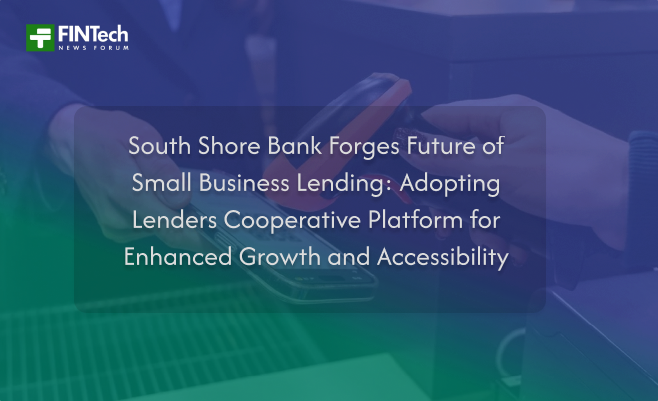
The global financial landscape is undergoing a transformation that many barely notice yet will profoundly impact economies, businesses, and consumers everywhere. Fintech—once a niche sector focused on disrupting payments and lending—is now quietly redrawing the map of global finance. This shift is not just about technology; it’s about changing who controls capital flows, how value is created, and where economic power concentrates.
From Asia’s digital wallets to Africa’s mobile money revolutions and Europe’s open banking frameworks, fintech innovations are breaking down old barriers and creating new financial geographies.
🔹 1. Emerging Markets Leapfrog Traditional Banking
In regions where legacy banking infrastructure is limited, fintech startups have jumped straight to mobile-first, cloud-based financial services. This leapfrogging allows emerging economies to:
- Access credit without collateral or credit history
- Use mobile wallets for everyday transactions
- Integrate financial services with local commerce
Countries like Kenya with M-Pesa, India with UPI, and Brazil with Pix are leading examples where fintech has reshaped national economies by making finance accessible to millions previously excluded.
🔹 2. Cross-Border Finance Gets More Seamless
Fintech companies are simplifying cross-border payments and remittances, reducing fees and processing times drastically. This shift affects:
- Migrant workers sending money home faster and cheaper
- SMEs expanding globally with easier foreign transactions
- Financial inclusion through interoperable global payment systems
Platforms like TransferWise (now Wise), Ripple, and Payoneer exemplify this new wave, transforming global capital flows beyond traditional banking corridors.
🔹 3. Decentralized Finance (DeFi) Rewrites Financial Borders
Decentralized Finance challenges the very notion of centralized control. By operating on open blockchains, DeFi protocols allow anyone with internet access to borrow, lend, and trade without intermediaries.
This democratizes access and shifts financial power away from traditional hubs to a borderless, global digital economy. DeFi’s rise signals a future where finance isn’t confined by national borders or regulated monopolies.
🔹 4. Open Banking Creates New Financial Ecosystems
In Europe and beyond, regulations like PSD2 have opened banking data to third parties, enabling fintechs to build innovative services atop legacy systems. This drives competition and customer choice, fragmenting old monopolies and redistributing financial influence.
Countries adopting open banking standards foster vibrant ecosystems where finance is integrated across industries, redefining market boundaries.
🔹 5. The Rise of Financial Hubs Outside Traditional Centers
Fintech innovation hubs are flourishing worldwide—from Singapore to Lagos, from Tallinn to São Paulo—challenging the dominance of Wall Street and London. These new centers:
- Tailor solutions to local needs
- Attract global capital through innovation-friendly policies
- Cultivate talent and cross-border partnerships
This geographical diversification of fintech power signals a more multipolar financial world.
Conclusion: A Subtle Yet Profound Redrawing
Fintech’s quiet revolution is redrawing the global financial map by shifting power to new players, enabling financial access where none existed, and eroding old geographic and institutional boundaries. The future of finance is decentralized, digital, and distributed—and those who understand this new map will lead the next era of global economic growth.















